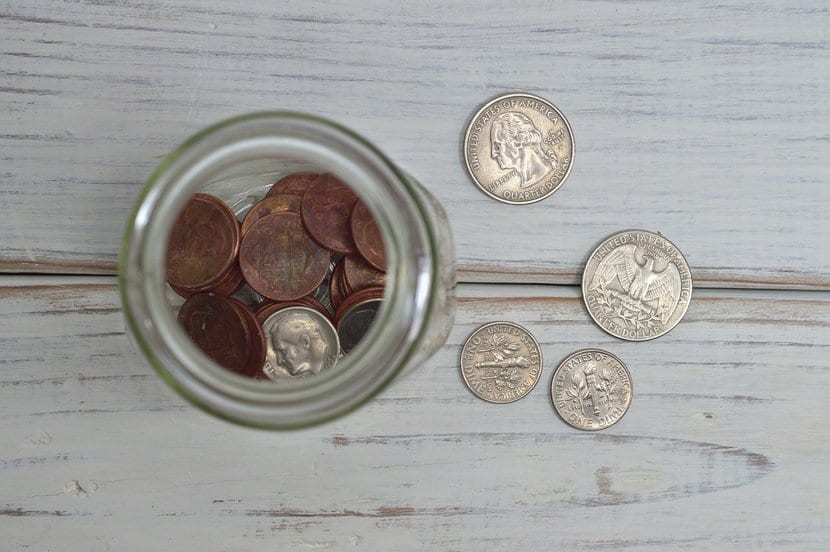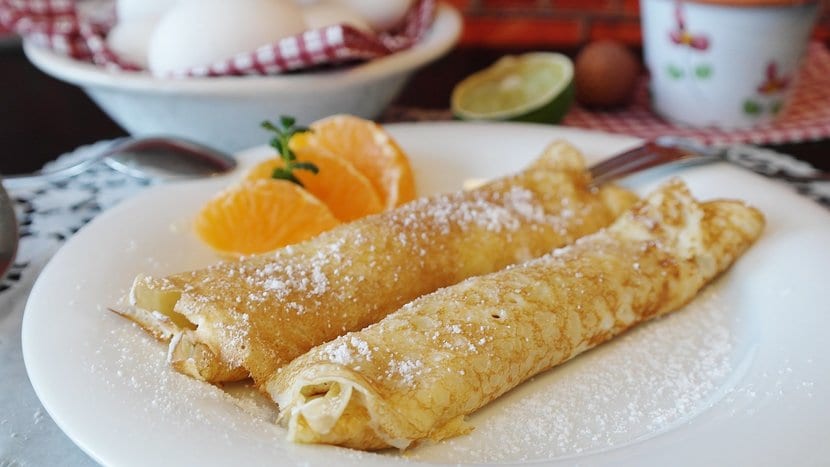
When we prepare a trip there are many things we have to think about so that everything goes according to plan: plane tickets, hotel reservations, purchase of tickets to museums and monuments, itinerary during the trip ... However, one of the issues that we hardly notice is knowing the customs of the place we are going to visit. This is very important if we do not want to live uncomfortable moments.
Although France is a European country, and it is very close to us, it has its own customs that should be remembered either for a short visit or for a long season. Here we go over several interesting French customs. Can you come with us?
The greeting
In France the greeting consists of a firm and brief handshake between men and a kiss on the cheek between women and between women and men. The latter is very similar to the way of greeting that we have in Spain but adding one more kiss to the other cheek.
Language
It is important that you know how to ask some questions or basic dialogues in French as they highly value that people who address them make the effort to speak it. In addition, it is always enriching to learn new languages and traveling to France is a good opportunity to put it into practice.

Image | Pixabay
Tip
How does tipping work in France? It is not usually customary to leave large tips in France. At the most, the figure is rounded off on the terrace of a cafe or a small amount is left if the attention has been good but it is not mandatory.
Not saying directly that something is not to your liking
Diplomacy characterizes the French very well, so you will not hear them admit that something is not to their liking. For example, if they do not like a dish, they will not say it without more, but will mention that they are not used to that flavor or that the dish has a special flavor.
Announce visits
The French like to keep the formalities so before suddenly appearing at someone else's house they prefer to announce it in advance. It is customary to present the host with a bottle of wine if he is preparing a meal at home and congratulate him on the meal.
Meal times
When traveling to France it is important that you know what the meal times are as they may vary with respect to your country of origin. They usually have breakfast around 7 in the morning, eat at noon and have dinner around 7 in the afternoon. They do not usually prepare snacks before meals so as not to spoil the taste.

Image | Pixabay
The puntuality
In France, being late for an appointment or meeting is considered very rude. They do not tolerate tardies beyond 15 minutes and making exceptions, 20 minutes.
Quietly
In order not to disturb the rest of the people around, the French speak quietly in public places. They never raise their voices.
Day of the Innocents
On April 1 the festival is celebrated in France le poisson d'avril (the April fish) which is his particular April Fools' Day. This party consists of catching someone with a joke that consists of sticking the silhouette of a fish on someone's back, hence the name of the party.
Play petanque
Petanque is a game that has its origins in the south of France but has spread over time to several European countries, including Spain. The French are very fond of playing boules on any occasion, be it on the beach or in the middle of a wedding.

Image | Pixabay
Long live the crepes!
On Candlemas day, February 2, the French prepare delicious crepes and make them jump out of the pan to turn them with their right hand while holding a coin with their left. Thus prosperity is guaranteed throughout the year until the next Candlemas day.
Not a wedding without onion soup
It is customary in France to serve onion soup at weddings, a dish of humble origins that became a classic in French cuisine when, by chance, it was discovered by members of the court. His recipe appears in an edition of Le Viandier, a XNUMXth-century cookbook kept in the National Library of France.
May lilies
It is customary in France on May 1 to give a few sprigs of lily of the valley (muguet) as a token of love and wishes for prosperity. It is also a way to celebrate the arrival of spring.
These are some of the most curious customs of France. What other French customs or traditions have you known during your stay in France?